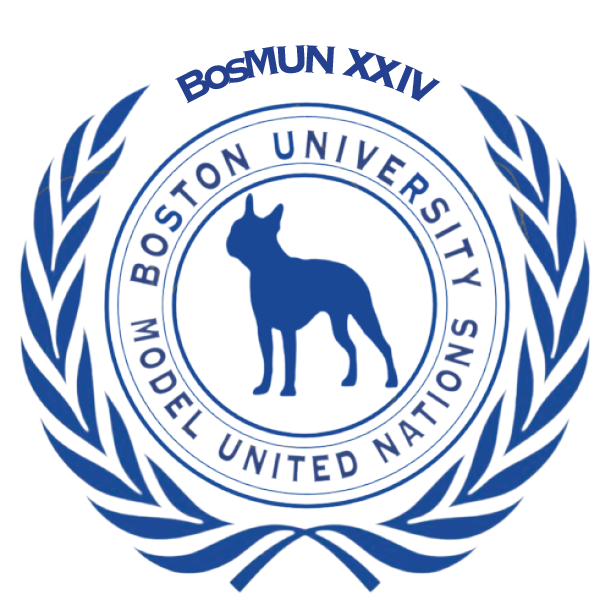The Economic Commission for Africa (ECA) is one of five regional commissions of the United Nations. The commission is composed of 54 member states that lie within the continent of Africa or in the oceans nearby. It was established in 1958 with a goal to encourage economic cooperation amongst its member states, foster intra-regional integration, and encourage international cooperation for Africa’s development. ECA is working towards its 2030 agenda as well as its 2063 agenda, with a goal to deliver ideas and actions for an empowered and transformed Africa to accelerate growth and achieve these agenda. Through strategic collaboration and policy formation, delegates will aim to discuss how to achieve these goals amidst persisting inequality and conflicts.
Topics and Questions to Consider
Topic 1: Acknowledging Africa’s Vulnerability to Climate Change and Finding Economically Sustainable Solutions
Questions to Consider
How viable is it to use Africa’s scarce economic resources to develop complex renewable energy frameworks? If it is viable, what types of renewable energy should be prioritized? Should trade policies or tariffs be levied to fund or develop the necessary infrastructure
Have current trade relationships with the rest of the world and the African Continent been particularly harmful to the African economy?
Have current trade relationships hurt African countries’ ability to be self-sufficient or develop robust domestic markets?
Are the disproportionate effects on African ecosystems by global warming a cause for concern in terms of the resource market? If so, what are some economically viable methods to prepare?
How can the long-term economic losses caused by food and water insecurity on the continent be mitigated in such economic, political, and climatical uncertain times?
Topics 2: Harnessing Technology as a Facilitator for Economic Development and Diversification
Questions to Consider
How can investing in academic fields, especially those in STEM, such as statistics and data science, positively impact the African continent?
Where and how can governments incentivize private sector investment in technological infrastructure to drive economic growth?
Is the adoption of robust technological frameworks a truly viable option when it comes to improving the lives of Africans? How can governments ensure these frameworks do not become unfair or exacerbate marginalized groups?
What regulatory frameworks are needed to foster innovation while addressing potential challenges such as data privacy, cybercrime, or monopolies in the tech sector?
What are the economic benefits and challenges of integrating blockchain, AI, or other emerging technologies into African economies? Should Africa invest in developing their own robust softwares or create trade networks to encourage global cooperation in this area?



